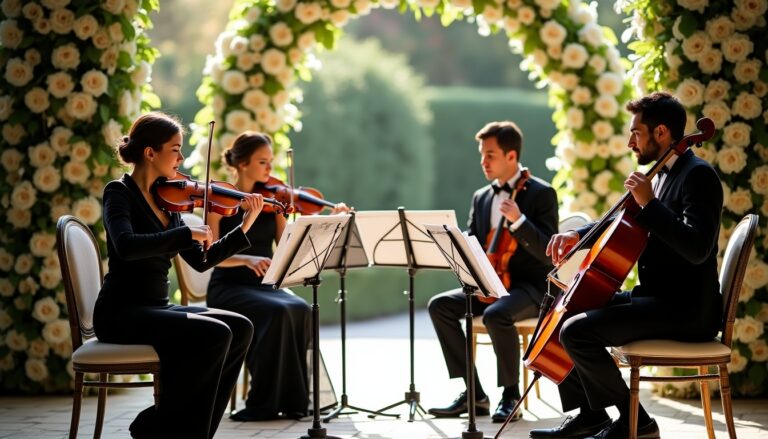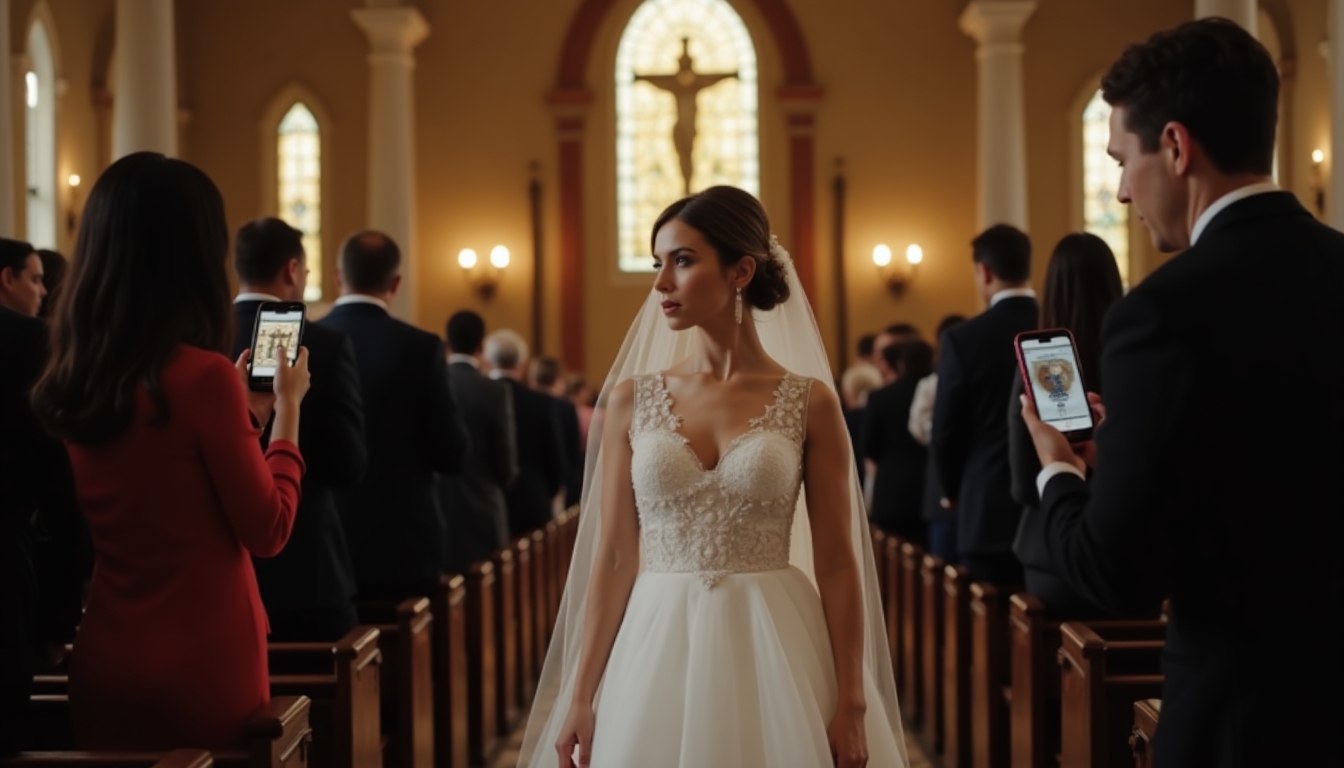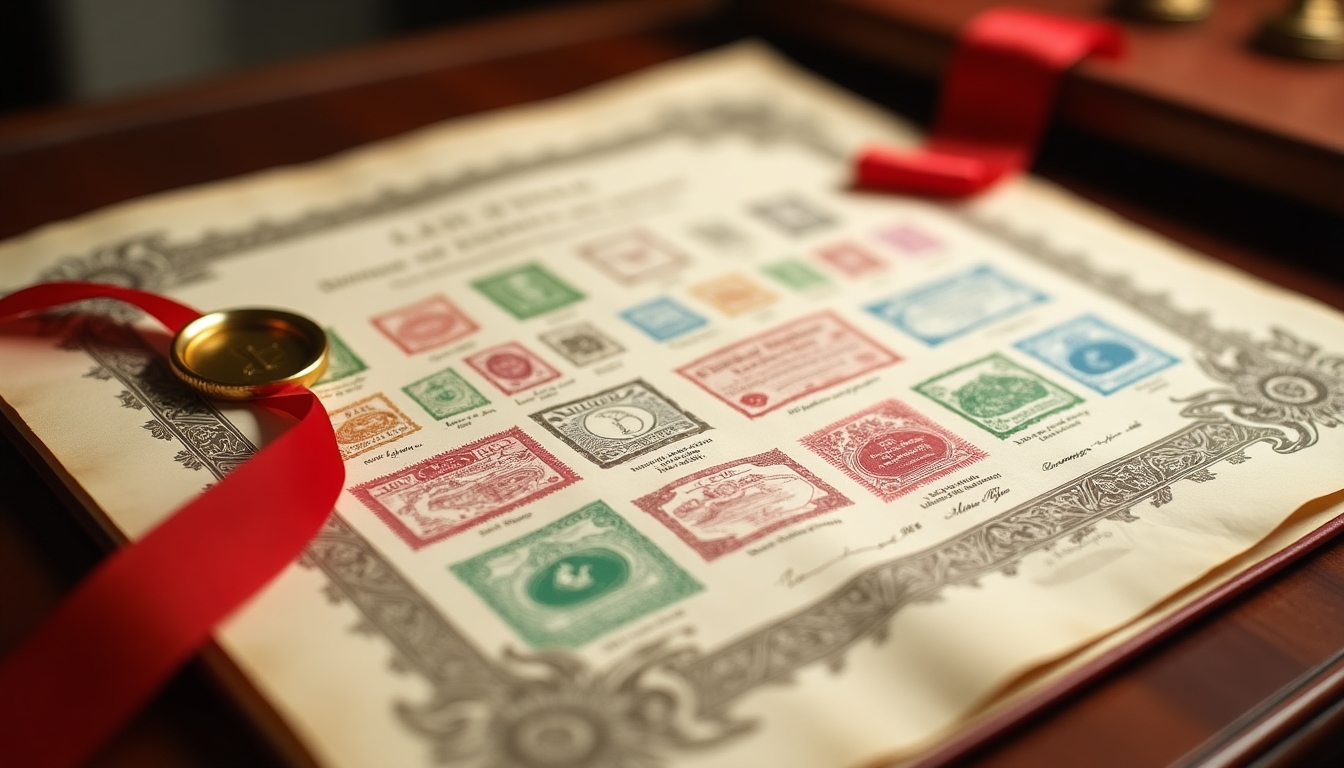Planning wedding ceremony music requires careful consideration of live musicians who can create an unforgettable atmosphere for your special day.
Professional musicians bring technical expertise and years of experience performing at weddings, ensuring smooth transitions between pieces and appropriate volume levels throughout the ceremony.
This guide walks you through the process of hiring and working with live musicians, from selecting the right ensemble to creating the perfect musical timeline.
Types of Wedding Ceremony Musicians
- String Quartet: Four musicians playing violin, viola, and cello
- String Trio: Three musicians, typically two violins and one cello
- Solo Pianist: Classical or contemporary repertoire
- Harpist: Elegant sound suitable for both traditional and modern pieces
- Classical Guitar: Intimate atmosphere, perfect for outdoor ceremonies
- Flutist: Often paired with strings or piano
Budgeting for Live Musicians
Average costs for wedding ceremony musicians range from $200-$500 per musician for a two-hour performance.
| Ensemble Type | Average Cost Range |
|---|---|
| Solo Musician | $200-$500 |
| Duo | $400-$1,000 |
| String Quartet | $800-$2,000 |
When to Book Wedding Musicians
- 8-12 months before: Research and compare different musicians
- 6-8 months before: Schedule auditions or review recordings
- 4-6 months before: Book your chosen ensemble
- 2-3 months before: Finalize song selections
- 1 month before: Confirm timeline and logistics
Key Questions to Ask Musicians
- What is your experience performing at weddings?
- Can you provide references from recent weddings?
- What is included in your fee (setup time, breaks, overtime)?
- Do you have backup musicians in case of emergency?
- What is your cancellation policy?
- Can you accommodate special song requests?
Music Timeline Planning
A typical wedding ceremony requires 15-20 minutes of prelude music while guests are being seated.
- Prelude: 15-20 minutes of background music
- Processional: 3-5 minutes for wedding party entrance
- Bride’s Entrance: 2-3 minutes
- Ceremony Music: 2-3 pieces during ceremony
- Recessional: 2-3 minutes
- Postlude: 10-15 minutes as guests exit
Working with Your Musicians
- Share ceremony timeline and order of service
- Provide clear directions to the venue
- Discuss setup requirements and timing
- Consider venue acoustics and weather backup plans
- Arrange for proper lighting and seating
- Schedule a sound check before the ceremony
Making the Most of Your Wedding Music
Regular communication with your musicians ensures they understand your vision and can deliver the perfect musical accompaniment for your ceremony.
Consider recording restrictions or additional fees when planning to capture the ceremony on video.
Work with your venue coordinator to ensure proper setup space, power requirements, and shade for outdoor ceremonies.
Selecting the Perfect Repertoire
Choose music that reflects your personal style while maintaining the ceremony’s atmosphere. Consider both traditional and contemporary pieces that complement each other.
Popular Wedding Ceremony Music Styles
- Classical: Bach, Mozart, Beethoven compositions
- Contemporary: Modern love songs arranged for classical instruments
- Religious: Traditional hymns and sacred music
- Cultural: Music reflecting heritage and traditions
Special Considerations for Outdoor Ceremonies
- Weather protection for instruments
- Power source availability
- Acoustic challenges in open spaces
- Temperature control for instrument tuning
- Backup indoor location planning
Coordinating with Other Vendors
Ensure seamless collaboration between musicians and other wedding professionals:
- Photographer/Videographer for key musical moments
- Wedding coordinator for timeline management
- Officiant for ceremony music cues
- Sound technician if amplification is needed
Creating Your Musical Legacy
Live wedding ceremony music creates lasting memories and sets the emotional tone for your celebration. Professional musicians bring expertise, elegance, and personal touches that recorded music cannot match.
Early planning, clear communication, and attention to detail ensure your ceremony music enhances the beauty and significance of your wedding day.
Remember to trust your musicians’ experience while maintaining your vision for this momentous occasion. Their artistry will help create the perfect soundtrack for your journey into marriage.
FAQs
- How far in advance should I book live musicians for my wedding ceremony?
Professional musicians typically need to be booked 6-12 months before your wedding date, especially during peak wedding season. - What is the typical cost range for hiring live ceremony musicians?
Solo musicians generally charge $200-$500 per hour, while string quartets range from $600-$1500 per hour. Prices vary based on location, experience, and duration. - How many musicians do I need for a wedding ceremony?
The most common options are a solo musician, duo, trio, or quartet. A string quartet is traditional, while a solo violinist or guitarist can work well for intimate ceremonies. - Do ceremony musicians provide their own equipment?
Professional musicians bring their own instruments, music stands, and basic amplification. However, for outdoor venues, you may need to provide additional sound equipment. - How many songs do I need to select for my ceremony?
Typically, you’ll need 3-5 songs: one for the processional, one for the bride’s entrance, one for the recessional, and optional songs for the prelude and signing. - Will the musicians learn new songs for my ceremony?
Most musicians will learn 1-2 new songs with advance notice, though this often involves an additional fee. Some complex songs may need to be arranged specifically for their instruments. - What happens if it rains during an outdoor ceremony?
Professional musicians require shelter from weather elements to protect their instruments. Your backup plan should include a covered area or indoor location for the musicians. - Do ceremony musicians need to attend the wedding rehearsal?
While not always necessary, it’s recommended for complex ceremonies or when coordinating with multiple wedding party members. Most musicians charge an additional fee for rehearsal attendance. - What happens if a musician becomes ill or can’t perform?
Professional musicians typically have a network of qualified substitutes and will ensure replacement coverage in case of emergency at no additional cost. - How long do ceremony musicians typically perform?
Standard ceremony packages usually cover 1-1.5 hours, including 15-20 minutes of prelude music, the ceremony itself, and the recessional.






